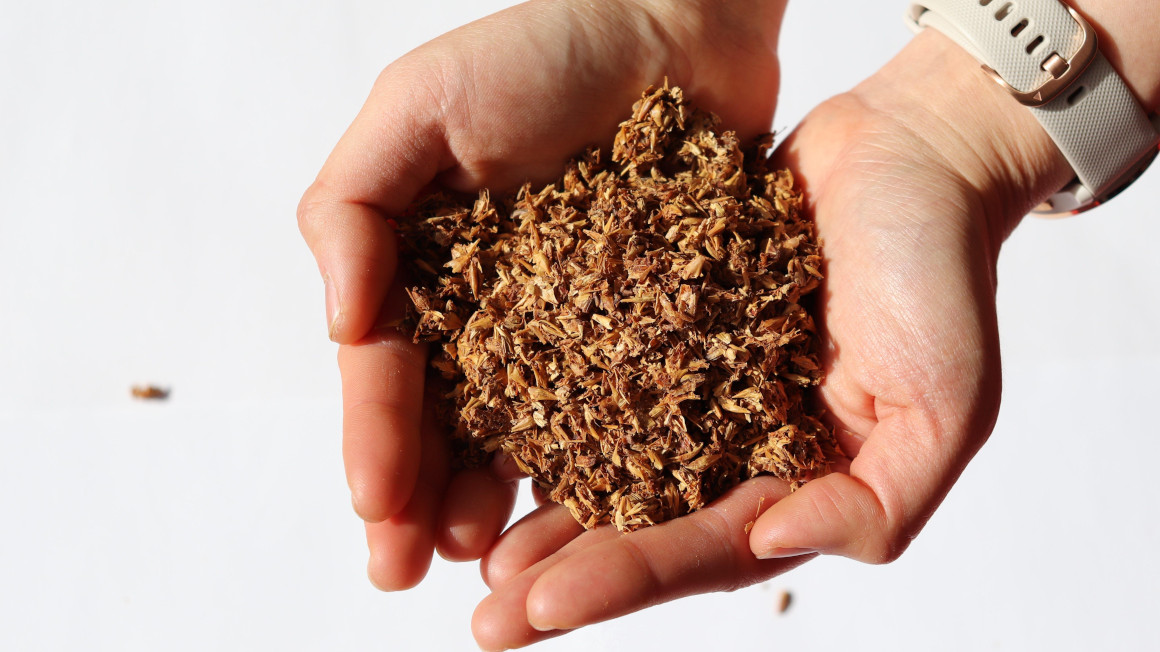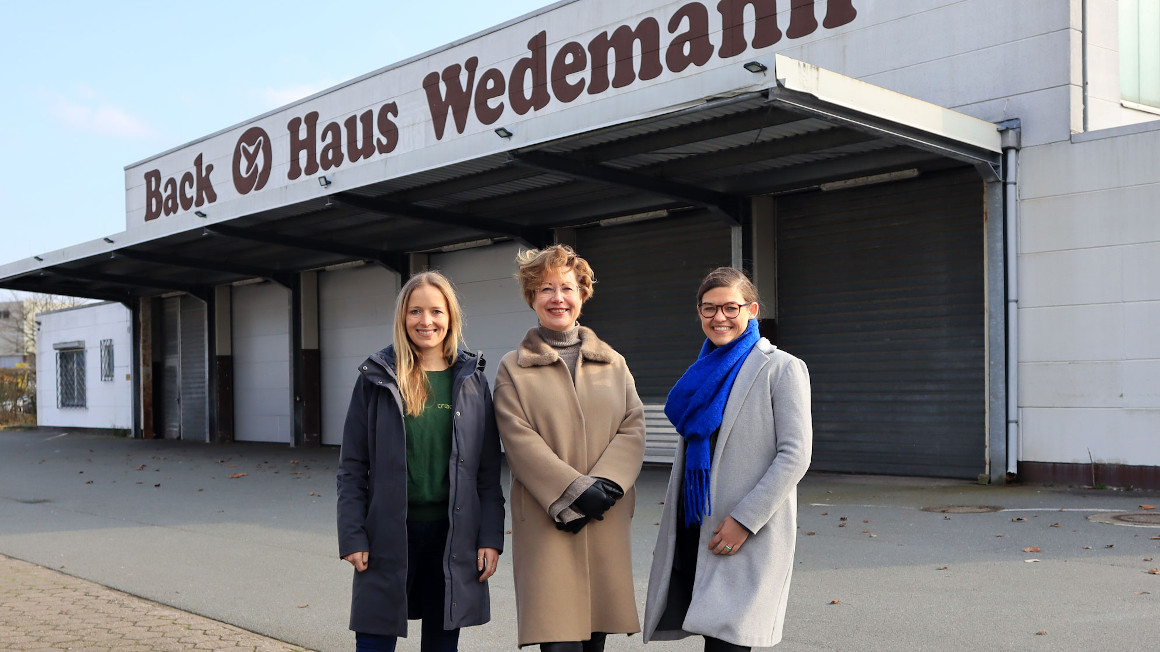Using brewery waste for battery production
Researchers at the University of Jena have extracted activated carbon from brewer's grains and used it as a raw material for the production of electrochemical energy storage systems.

Spent grain, which is a by-product of beer brewing, contains many valuable ingredients. With its high protein content, spent grain can be used as animal feed, for example. In reality, however, it is usually disposed of as waste. Researchers have now discovered the residual material as a source of raw materials for new biobased products. Researchers at the University of Jena, for example, have joined forces with Spanish partners to test whether brewer's grains are also suitable for the production of modern electrochemical energy storage systems.
Extracting carbon from brewer's grains as an energy store
"For some years now, we have been researching how well different biological raw materials are suited for the extraction of carbonaceous substances that we need for the production of energy storage systems," explains Andrea Balducci from the University of Jena. "And brewery waste meets important criteria for this: Their chemical composition is well suited for the applications we are targeting - they contain the carbonaceous feedstock it needs to be eligible."
Raw material for batteries and supercapacitors
The Jena team developed a process that allows them to use the carbonaceous material from the residue. On the one hand, the researchers obtained carbon that can be used as an electrode in batteries, and on the other hand, activated carbon, which is needed as an electrode material for supercapacitors. Using the new process, the experts were able to maximize the surface area of the activated carbon and optimize the pore size of the material. When used as an electrode in supercapacitors, these carbons would guarantee a very high capacity and enable the production of devices with high energy density, the researchers report.
Readily available raw material
Until now, activated carbon for supercapacitors has mainly been obtained from coconut shells. The use of brewery waste would have several advantages. With 1.5 billion tons in 2019, brewer's spent grain is directly available in large quantities in Germany, and long transport routes could thus also be avoided.
The Jena chemists have thus taken the first step toward more sustainable production of carbon-based energy storage devices. Balducci is convinced: "This type of waste could be an interesting option for the production of materials for supercapacitors if certain factors such as the cost or chemical composition of the raw material can be further optimized." In further projects, the Jena researchers plan to investigate the advantages and limitations of using this abundant material, with a view to possibly incorporating it into the production of sustainable energy storage devices on a larger scale."
bb


